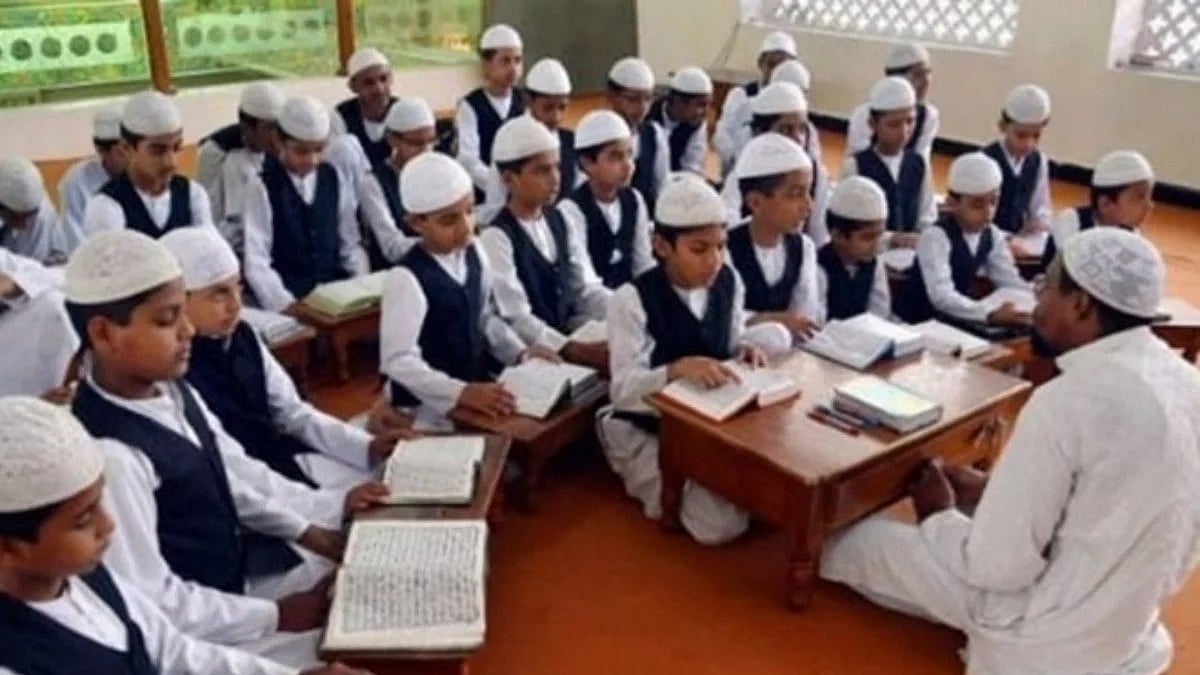Nation
Uttarakhand to dissolve Madrasa Board as governor clears Minority Education Bill
New legislation officially aims to bring greater uniformity, transparency, and oversight across minority educational institutions

The Madrasa Education Board in Uttarakhand will be dissolved and replaced by a unified legal framework for all minority-run educational institutions, after Governor Lt Gen. Gurmeet Singh (Retd) gave his assent to the Uttarakhand Minority Education Bill, 2025.
In a post on X, chief minister Pushkar Singh Dhami confirmed the development on Monday. “With the Governor's approval, the path for this bill to become law has been paved,” he said.
The new legislation officially aims to bring greater uniformity, transparency, and oversight across educational institutions run by various minority communities. “Under this law, an authority will be established for the education system of minority communities, which will grant recognition to minority educational institutions,” Dhami explained.
“This law will certainly help make the education system in the state more transparent, accountable and quality-oriented,” the chief minister added.
According to an official statement, the Madrasa Education Board Act, 2016, and the Non-Government Arabic and Persian Madrasa Recognition Rules, 2019, will cease to be in force from 1 July 2026, once the provisions of the new law come into effect.
Published: undefined
The Bill was approved by the state cabinet in August and passed during the monsoon session of the Uttarakhand Assembly, held in Gairsain, the state’s summer capital.
Previously, official recognition as a minority educational institution in Uttarakhand was limited to those established by the Muslim community. The new legislation expands this provision to include institutions run by other religious minorities such as Sikhs, Jains, Buddhists, Christians, and Parsis.
The law also outlines the formation of a regulatory authority, which will oversee all minority educational institutions. It will be responsible for granting official recognition and ensuring that the institutions follow the academic standards set by the Uttarakhand Board of School Education. The authority will also monitor fair and transparent evaluation practices for students, according to the statement.
Chief minister Dhami has earlier pointed to longstanding issues with the current madrasa system. “The Madrasa education system had been facing serious problems for years, including irregularities in central scholarship distribution, irregularities in mid-day meal scheme and a lack of transparency in management,” he said.
He added that the Bill would “empower the government to effectively monitor the operation of minority educational institutions and issue necessary directives, thereby further strengthening educational excellence and social harmony in the state.”
With PTI inputs
Published: undefined
Follow us on: Facebook, Twitter, Google News, Instagram
Join our official telegram channel (@nationalherald) and stay updated with the latest headlines
Published: undefined